Population Health News Round-Up: November 2024
JoAnne DyerHealth Equity and Disparities
How AI is helping investigate health disparities: The National Institutes of Health’s Science Collaborative for Health Disparities and Artificial Intelligence Bias Reduction (ScHARe) platform is helping scientists look at social determinants of health. (NIMHD Insights 2024, November 1, 2024)
Little progress on Black health equity: The federal government, say some experts, is the problem, allowing more exposure to solid waste incinerators, dilapidated housing, gun violence, and other health risks to nonwhite populations. (KFF News, October 28, 2024)
Weight loss plans are less effective for Black women: Many Black women can’t afford drugs like Ozempic, Black women are less likely to be included in weight loss research, and experiencing daily persistent racism- and sexism-related stress are cited among the reasons. (The Conversation, November 13, 2024)
Transgender high school students experience greater risks, harms: “Transgender and questioning students experienced a higher prevalence of violence, poor mental health, suicidal thoughts and behaviors, and unstable housing, and a lower prevalence of school connectedness than their cisgender peers.” (MMWR, Supplements, October 10, 2024)
Environmental Health and Justice
Who does better and who does worse after a natural disaster?: White residents can become more affluent after a catastrophe, but Black people and other people of color often lose wealth. (Inside Climate News, November 5, 2024)
Ultrafine particles more are likely to harm certain groups: Ultrafine particle air pollution is linked to an increased risk of cardiovascular mortality and pulmonary diseases. Hispanics and non-Hispanic Black people have a higher risk after exposure to UFPs in New York State. (Journal of Hazardous Materials, June 5, 2204)
Built Environments, Spaces, and Places
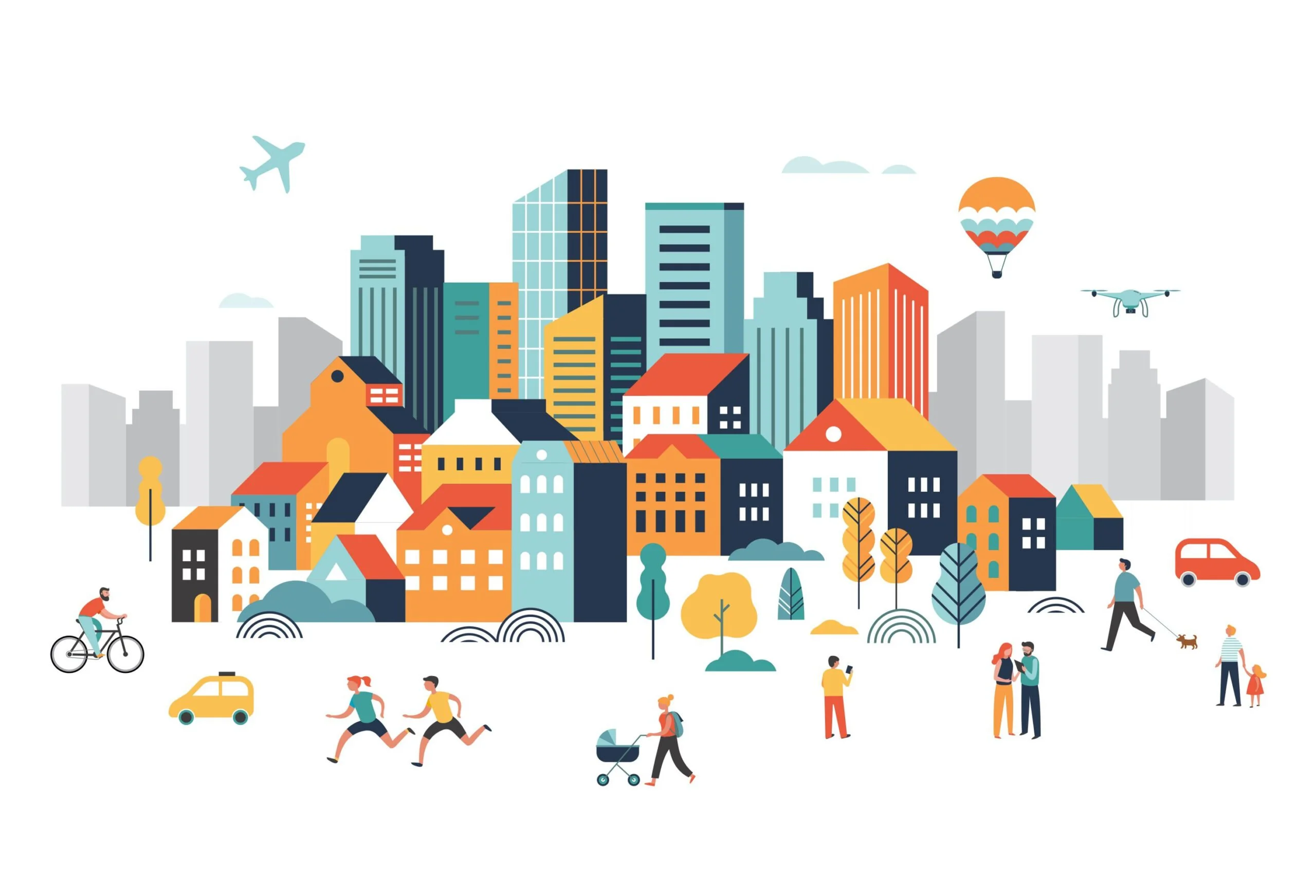
A sustainable Las Vegas?: Surprisingly, Las Vegas is investing in water conservation, solar power and renewable resources–with some success already. Greenhouse gas emissions and air conditioning remain problems. (BBC, November 3, 2024)
In Gary, Indiana, industrial pollution leaves behind lasting harm: Steel mills, industrial dumps, and coal trains have impacted air quality, “contributing to high asthma rates.” Many Black residents, especially children and moms, face the effects of “150 years of contamination.” (CapitalB News, October 30, 2024)
Tulane University launches the Center on Climate Change and Urbanism: This center will look at how the built environment can mitigate climate change in the Gulf Coast, Latin America, and the Caribbean. (Tulane University, November 11, 2024)
The new Trump administration’s transit priorities: In contrast to Biden’s emphasis on high-speed rail and lowering emissions, the incoming Trump team is likely to push for highway expansion. (Bloomberg CityLab, November 12, 2024)
Policy and Programs
Medicaid expansion in Montana vs. Georgia: Georgia’s Medicaid expansion includes work requirements, a lower income qualification threshold, and more costs to the State of Georgia. The author posits that Montana should not adopt Georgia’s model. (Montana Budget and Policy Center, May 28, 2024)
What happens when ACA subsidies end?: If ACA subsidies are allowed to expire at the end of 2025, many people will face higher premiums, and many may drop coverage altogether. (CBS News, November 14, 2024)
The Supreme Court’s Chevron ruling and the new administration: The Trump administration may find that “the Chevron ruling may even act as a brake on agency rulemakings that might undermine health protections.” (Arizona Public Health Association)

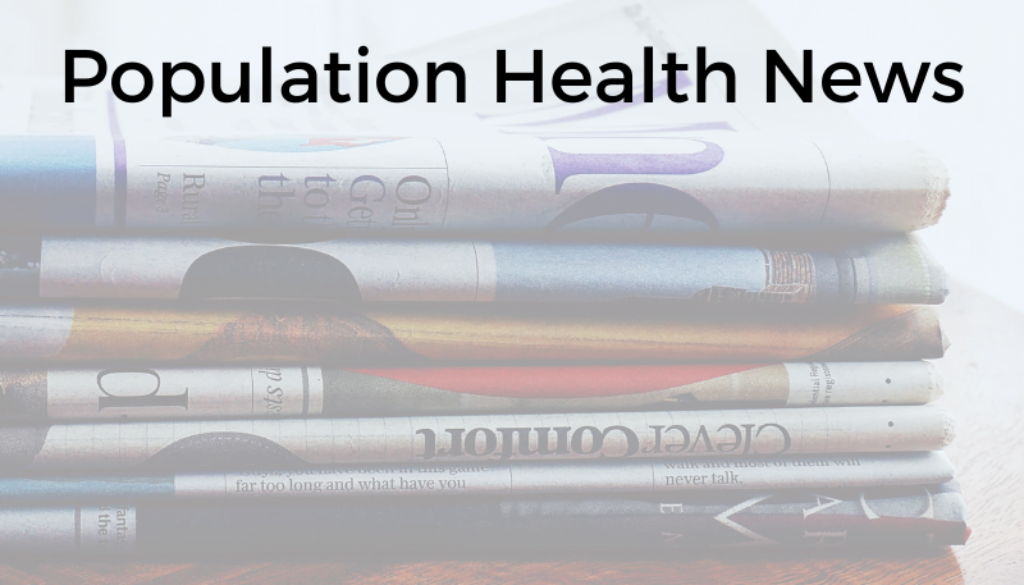
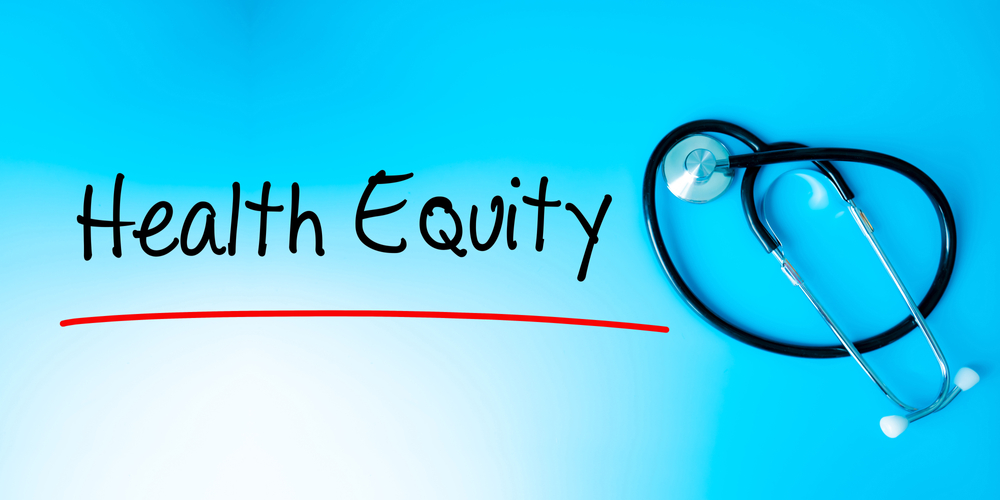

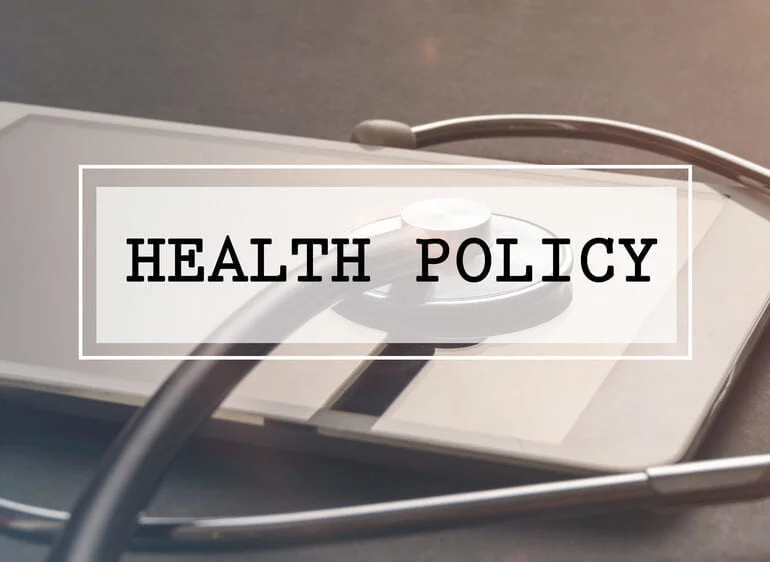


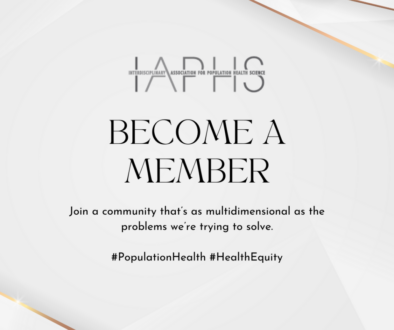

All comments will be reviewed and posted if substantive and of general interest to IAPHS readers.